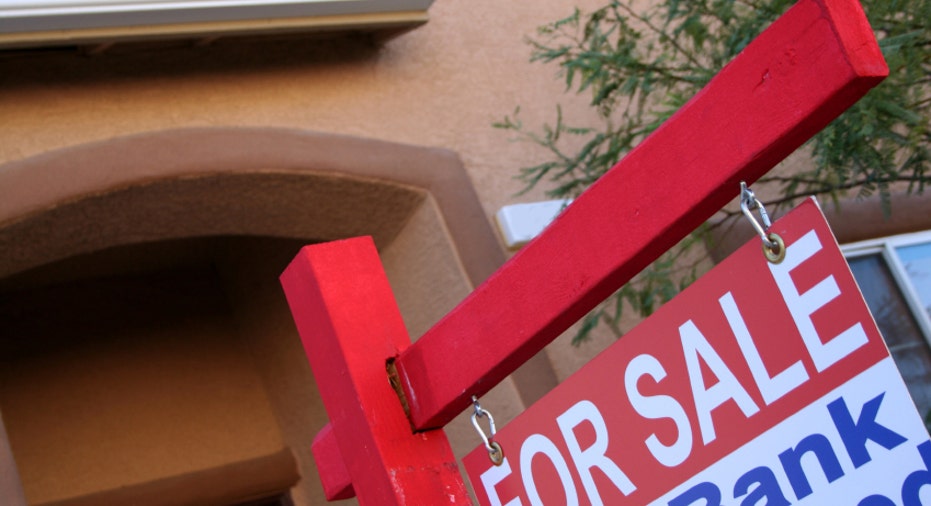Money-Saving Tips for Your First Home

You've just closed on your first house? Congratulations! During this process, some of your older friends and relatives may have mentioned how expensive home ownership can be.
You may not want to hear it, but they're right. The National Association of Realtors reports that median existing home prices in early 2012 are hovering around $163,000 -- a serious investment for most. But beyond this, owning a house can start a landslide of expenses, planned and unplanned, that can savage your budget.
But smart choices made during your move-in period can not only save you cash at the outset, but also set you up to save for years to come. Here are a few tips to help you manage your expenses wisely:
Go cheap on appliances
Chances are, your house is missing something critical. A refrigerator, perhaps? Washer and dryer? The weeks between closing and move-in are a great time to hunt for appliances with a level head and a tight wallet. Research lower-cost models on neutral review sites such as Consumer Reports, and look for discounted refurbished items or floor models. Many stores sell these items with guarantees similar to new items. And pass on any additional warranties -- self-insuring with savings is a better option if you can manage it.
Form a posse ... of handymen
You may have a home-warranty policy, paid by the seller, that lasts through the first year of ownership. With these services, you call one number to arrange repairs or replacement of broken items that came with the house. Here's the big "but": Your previously-owned items (that 10-year-old washer that worked great in your apartment but just flooded your new laundry room, for example) aren't covered. Neither is damage you cause yourself.
Also, a year goes by quickly. You should do your best to prevent costly home repairs, but begin building a list of trustworthy service people -- plumbers, handymen, electricians -- as troubles occur. Then, when your outdoor faucet explodes during a particularly bad winter, you don't have to call the first (and probably priciest) company you find.
Save on starter items
Yes, you're going to need to buy stuff for your new place. Whether you need more lamps, extra chairs or serving platters for that awesome housewarming party, these expenses can add up quickly.
Before heading to Target or a department store, try your local thrift stores. There you can add to your house inexpensively, and later buy your dream decor when the pressure is off. If you prioritize tucking your money into a savings account with a high interest rate, you may be able to afford those perfect items sooner than you think!
Meet your neighbors
Who knows? You might end up in one of those neighborhoods where muffin baskets show up on your doorstep. If they don't, make an effort to introduce yourself to the neighbors anyway -- and get to know them. In a pinch -- when you need someone to watch your cats or want to cut costs by carpooling -- you may find helping hands. Will you like all of them? Probably not. But having a few good friends on the block can save money and headaches.
Your older friends and relations are right: Home ownership is expensive. However, making a few smart decisions after your purchase can turn your first house into your dream home -- and not a money pit.
The original article can be found at SavingsAccounts.com:Money-saving tips for your first home



















